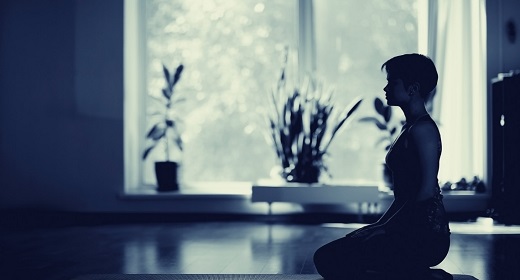by Eliza Sullivan: There are many (many) reasons we should all be thinking more about getting better sleep…
But a new study has pointed to the relationship between sleep and diet as a crucial consideration for women.
In a recent survey of women ages 20 to 75, researchers at the Columbia University Irving Medical Center found that, consistent with previous research, poor sleep can lead to compromised diets in women.
However, previous studies have only considered sleep duration, while the new study also looked at the impact of sleep quality on diet. This study also took a broader look at diet, whereas other studies have zeroed in on particular nutrients.
In their consideration of sleep quality, the researchers recorded sleep duration as well as how long it took women to fall asleep and insomnia. The women also reported their dietary habits.
The study found that women who experienced more severe insomnia consumed more food overall, and less unsaturated fats, than other women. Those who struggled with falling asleep had overall higher caloric intake.
“Poor sleep quality may lead to excessive food and calorie intake by stimulating hunger signals or suppressing signals of fullness,” said Faris Zuraikat, Ph.D., postdoctoral fellow at Columbia University.
Poor dietary habits are obvious contributing factors to chronic diseases such as obesity, type 2 diabetes, and heart disease. Lack of sleep has also been linked to the onset of chronic disease, but demonstrating the link between sleep and diet may show that the cause, even when lack of sleep is cited, is diet.
If you’re wondering why women in particular need to be conscious of the impact their sleeping habits have on their diet, it has to do with the sleep patterns of women to begin with.
“Women are particularly prone to sleep disturbances across the life span,” said Brooke Aggarwal, EdD, assistant professor of medical sciences at Columbia University who was the senior author on the study, “because they often shoulder the responsibilities of caring for children and family and, later, because of menopausal hormones.”
The other danger is that this process can become a vicious cycle. According to Zuraikat, “It’s also possible that poor diet has a negative impact on women’s sleep quality. Eating more could also cause gastrointestinal discomfort, for instance, making it harder to fall asleep or remain asleep.”
So rather than perpetuate the cycle, it may be time to make some lifestyle changes to better your sleep, and your diet may follow suit.
















































